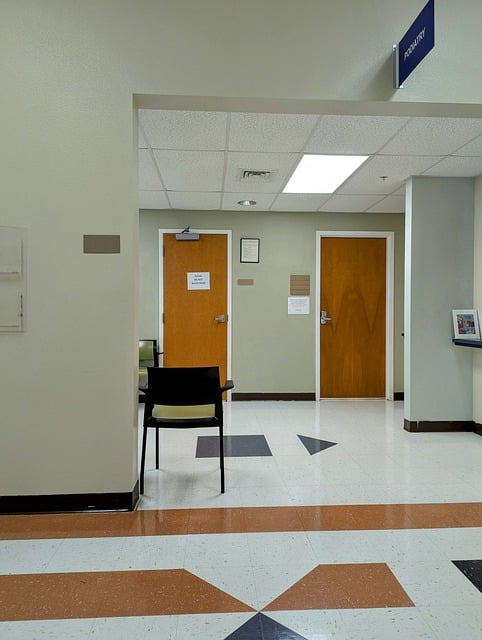Patients facing medical malpractice claims should carefully evaluate their case with legal help, considering settlement or trial based on severity of error, impact on life, financial considerations, and insurance negotiations. Skilled attorneys navigate complexities, guiding patients to fair compensation through settlements or seeking justice via trials for significant harm or fatalities.
In the complex landscape of medical malpractice, patients often face a pivotal decision: settle or go to trial. This article delves into the strategic considerations guiding this critical choice. We explore how evaluating case strength can dictate settlement offers, while examining scenarios where trials yield better patient outcomes. Additionally, we analyze factors influencing patients’ decisions, offering insights into navigating the intricate process of seeking justice and compensation for medical malpractice settlements.
- Evaluating Case Strength for Medical Malpractice Settlement
- When Trial Offers Better Outcomes for Patients
- Factors Guiding Patients' Decisions to Settle or Go to Trial
Evaluating Case Strength for Medical Malpractice Settlement

When considering a medical malpractice settlement, patients must carefully evaluate the strength of their case. This involves assessing whether they can prove that a healthcare provider breached their contractual duty of care and that this breach directly caused harm or damages. A thorough review of medical records, expert opinions, and relevant laws is crucial in this process. Patients should consult with a qualified truck accident attorney or legal representative to understand the potential outcomes and the likelihood of success at trial.
A skilled legal representation can help patients navigate the complexities of medical malpractice cases, especially when dealing with breaches that may not be immediately apparent. In some instances, settling out of court is the best option if the evidence suggests a strong case but with potential risks or uncertainties. This decision should be based on a comprehensive analysis of the breach of contract and its impact, ensuring patients receive fair compensation without undergoing the lengthy and stressful process of a trial.
When Trial Offers Better Outcomes for Patients

In certain circumstances, going to trial can offer better outcomes for patients facing medical malpractice claims. While a settlement often provides a quicker resolution, there are cases where a full trial is necessary to achieve justice. For instance, in complex medical malpractice suits involving partnerships disputes or truck accident injuries, the intricacies of the case may require a thorough examination by a jury.
Trials allow for a complete exploration of evidence and expert testimony, ensuring that all aspects of the patient’s harm are considered. This process can be beneficial when dealing with significant medical errors or omissions that result in severe injuries or even fatalities. A trial provides patients with the opportunity to have their story heard and to hold accountable those responsible for their suffering, potentially resulting in more substantial compensation than a settlement might offer.
Factors Guiding Patients' Decisions to Settle or Go to Trial

When patients consider whether to settle their medical malpractice cases or proceed to trial, several factors come into play. Firstly, the nature and severity of the medical error are pivotal. Cases involving serious injuries or life-altering consequences are more likely to be taken to trial, as patients seek justice and accountability. Conversely, less severe incidents might encourage settlement for its swiftness and relative anonymity.
The financial implications also heavily influence this decision. Medical malpractice settlements often provide a tangible sum of compensation for the patient’s suffering and associated expenses. However, going to trial can result in higher awards but comes with uncertainty, prolonged legal battles, and potentially higher legal fees. Insurance coverage dispute resolution is another critical aspect; patients might prefer an out-of-court settlement to avoid lengthy negotiations with insurance companies, which could impact their overall compensation.
In navigating the decision between accepting a medical malpractice settlement or pursuing a trial, patients must weigh their unique circumstances. By evaluating case strength, considering the potential outcomes, and understanding personal preferences, individuals can make informed choices that align with their best interests. While trials offer opportunities for greater compensation, settlements provide certainty and swift resolution. Ultimately, the decision should be guided by a comprehensive assessment of the facts and what is most beneficial for the patient’s recovery and future well-being.






